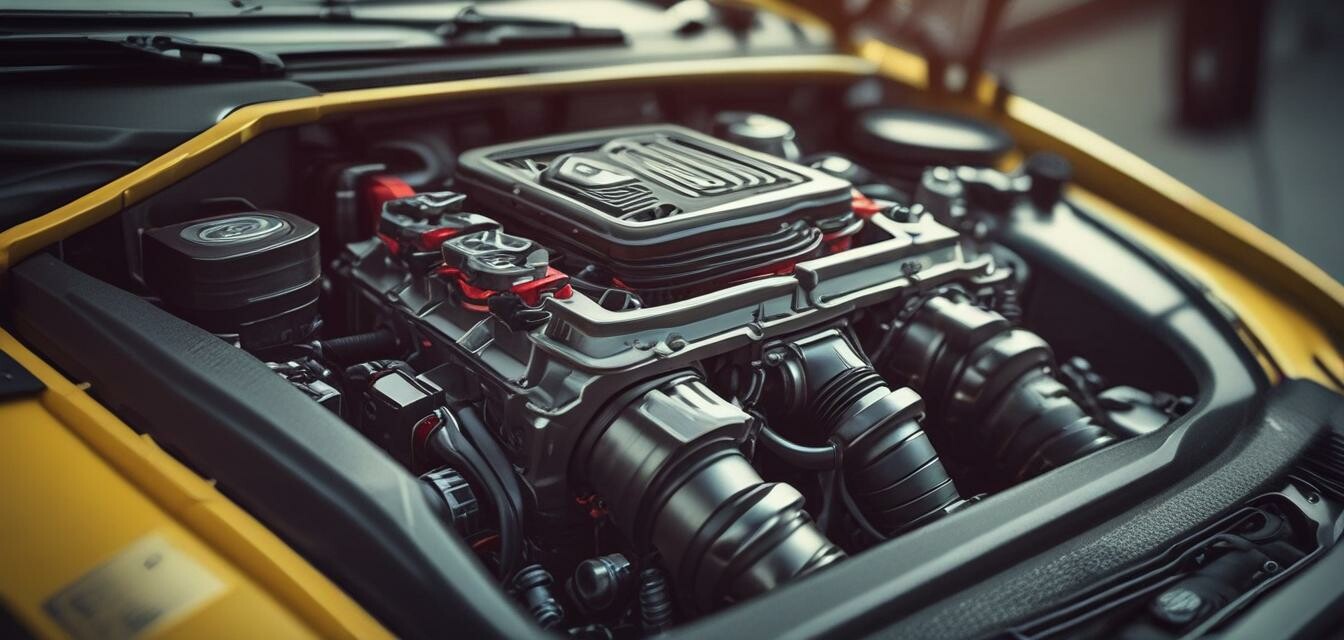
How to Diagnose Common VW Engine Problems
Key Takeaways
- Understanding symptoms is the first step in diagnosing engine issues.
- Utilizing a code reader can pinpoint specific problems.
- Routine maintenance can prevent serious engine failures.
- Common issues include misfires, overheating, and strange noises.
- Consult professionals when in doubt to avoid costly repairs.
Diagnosing engine problems can seem daunting to many Volkswagen owners. However, with the right knowledge and tools, you can effectively troubleshoot and identify common issues. This guide will walk you through the process of diagnosing engine problems in your VW, enabling you to tackle difficulties with confidence.
Step 1: Understand Common Symptoms
Many engine problems present obvious symptoms. Recognizing these signs can help you diagnose the issue more efficiently.
| Symptom | Description |
|---|---|
| Engine misfire | Occasionally skips or runs unevenly, often accompanied by a check engine light. |
| Overheating | Temperature gauge indicates higher than normal levels, may lead to steam. |
| Knocking noise | A persistent sound while driving, often indicates issues with the engine components. |
| Oil leaks | Visible oil spots under the vehicle, often signifying seal or gasket failure. |
| Poor fuel economy | Noticeably decreased miles per gallon, which can indicate a variety of issues. |
Step 2: Use a Diagnostic Tool
Utilizing a diagnostic scanner can be incredibly beneficial for identifying issues. Follow these steps:
- Locate the OBD-II port in your VW, usually found beneath the dashboard.
- Connect the diagnostic scanner to the port.
- Turn on the ignition without starting the engine.
- Retrieve error codes and interpret them using the scanner's manual or an online database.
For more comprehensive guidance on using diagnostic tools, check our How-To Guides.
Step 3: Inspect Engine Components
Once you have noted symptoms and diagnostic codes, visually inspect the following components:
- Ignition system (spark plugs, coils, wires)
- Fuel system (fuel injectors, pump, filter)
- Cooling system (radiator, hoses, thermostat)
- Engine oils and fluids (check levels and condition)
- Belts and hoses for wear or damage
Common Engine Issues and Solutions
Here are some common problems along with potential solutions:
| Issue | Possible Cause | Solution |
|---|---|---|
| Engine misfire | Faulty spark plug, fuel injector issue | Replace spark plugs and check injector function. |
| Overheating | Low coolant, failed thermostat | Top off coolant, replace thermostat if necessary. |
| Low oil pressure | Low oil level, worn engine bearings | Add oil, consult a mechanic for potential bearing replacement. |
| Strange noises | Worn belts or parts, low oil | Inspect and replace worn components, ensure proper oil levels. |
Step 4: Seek Professional Help
If you have diagnosed a serious issue but are unsure about performing repairs, it’s advisable to consult a professional mechanic. They can provide insights and perform repairs with the right tools and experience.
Pros
- Increased understanding of vehicle performance.
- Cost savings by self-diagnosing minor issues.
- Empowered to communicate effectively with mechanics.
Cons
- Poor diagnosis may lead to improper repairs.
- Some issues are too complex to tackle without expertise.
- Time-consuming if extensive troubleshooting is needed.
Conclusion
Diagnosing common engine problems in your VW can save time and money in the long run. With the right approach and tools, you can effectively identify issues and understand when it’s time to seek professional assistance. By following the steps outlined in this guide, you can ensure your vehicle runs smoothly and efficiently.
Tips for Beginners
- Start with basic inspections before using advanced diagnostic tools.
- Document your findings to track recurring issues.
- Join Honda owner forums for additional knowledge and support.
- Always follow maintenance schedules to prevent issues.
